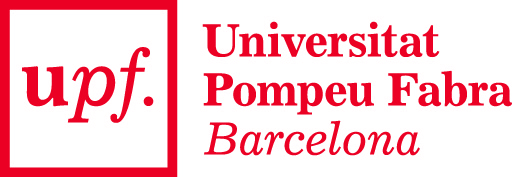Hi, I’m Corentin, a Research Engineer at Huawei Noah's Ark Lab Paris, working on LLMs, AutoML and RL under the supervision of Balázs Kégl.
Prior to that, I was a Research Engineer at Inria in the Flowers lab, where I developed multi-agent systems, supervised by Clément Moulin Frier. During my MSc in Computer and Cognitive Sciences at ENSC, I also interned at Connectiv-IT as a Data Scientist, and at Inria Flowers doing Reinforcement Learning research.
Among a lot of other things, I love sports and play volley-ball at a national level (bronze medal in the 2023 French University Championship!).
Contact: corentin.lger@gmail.com

Research
You can check my Google Scholar for more details about the publications.
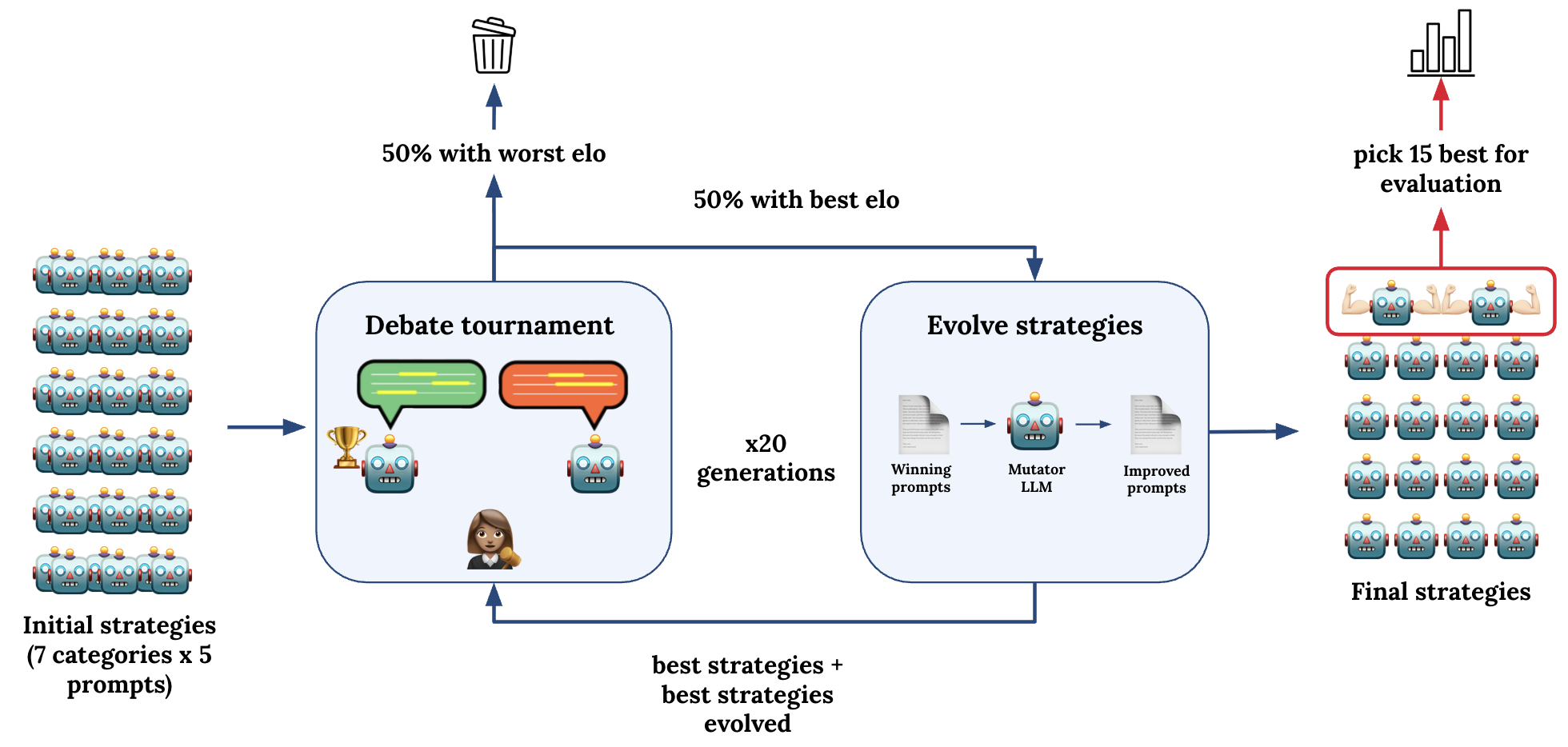
Optimizing for Persuasion Improves LLM Generalization: Evidence from Quality-Diversity Evolution of Debate Strategies
A J Reedi,
C Léger,
J Pourcel,
L Gaven,
Perrine Charriau,
G Pourcel
MTI-LLM @ NeurIPS, 2025
@article{reedi2025optimizing,
title={Optimizing for Persuasion Improves LLM Generalization: Evidence from Quality-Diversity Evolution of Debate Strategies},
author={Reedi, Aksel Joonas and L{\'e}ger, Corentin and Pourcel, Julien and Gaven, Loris and Charriau, Perrine and Pourcel, Guillaume},
journal={arXiv preprint arXiv:2510.05909},
year={2025}
}

In-Context Meta-Learning with Large Language Models for Automated Model and Hyperparameter Selection
Y Attia El Hili,
A Thomas,
A Benechehab,
C Léger,
C Ancourt,
B Kégl
LLM-eval @ NeurIPS, 2025
@inproceedings{el2025context,
title={In-Context Meta-Learning with Large Language Models for Automated Model and Hyperparameter Selection},
author={El Hili, Youssef Attia and Thomas, Albert and Benechehab, Abdelhakim and L{\'e}ger, Corentin and Ancourt, Corinne and K{\'e}gl, Bal{\'a}zs},
booktitle={NeurIPS 2025 Workshop on Evaluating the Evolving LLM Lifecycle: Benchmarks, Emergent Abilities, and Scaling}
}
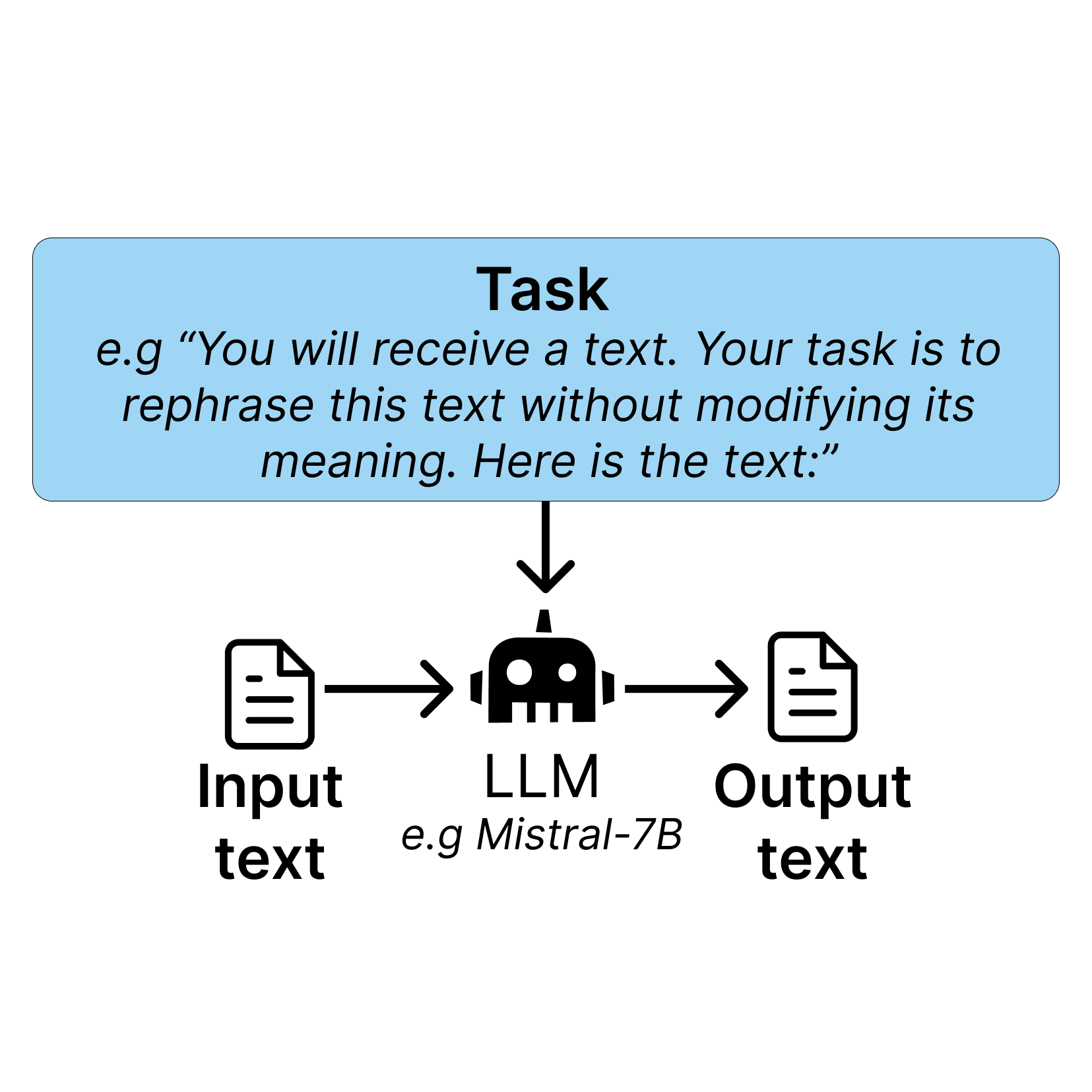
When LLMs Play the Telephone Game: Cumulative Changes and Attractors in Iterated Cultural Transmissions
J Perez,
G Kovač,
C Léger,
C Colas,
G Molinaro,
M Derex,
PY Oudeyer,
C Moulin-Frier
ICLR, 2025
@inproceedings{perez2025llms,
title={When LLMs play the telephone game: Cultural attractors as conceptual tools to evaluate LLMs in multi-turn settings},
author={Perez, J{\'e}r{\'e}my and Kova{\v{c}}, Grgur and L{\'e}ger, Corentin and Colas, C{\'e}dric and Molinaro, Gaia and Derex, Maxime and Oudeyer, Pierre-Yves and Moulin-Frier, Cl{\'e}ment},
booktitle={The Thirteenth International Conference on Learning Representations},
year={2025}
}
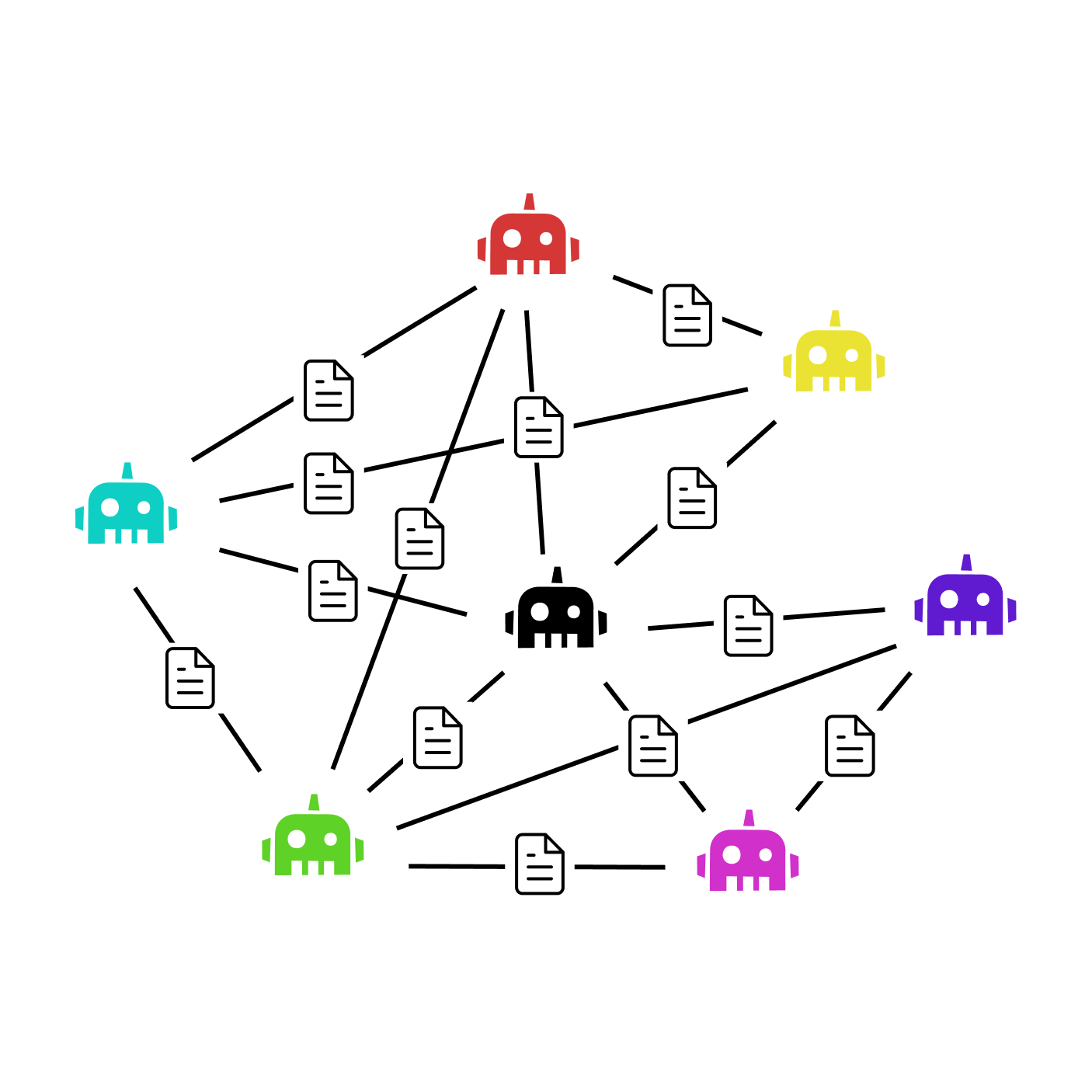
Cultural evolution in populations of Large Language Models
J Perez,
C Léger,
M Ovando-Tellez,
C Foulon,
J Dussauld,
PY Oudeyer,
C Moulin-Frier
arXiv, 2024
@article{perez2024cultural,
title={Cultural evolution in populations of Large Language Models},
author={Perez, J{\'e}r{\'e}my and L{\'e}ger, Corentin and Ovando-Tellez, Marcela and Foulon, Chris and Dussauld, Joan and Oudeyer, Pierre-Yves and Moulin-Frier, Cl{\'e}ment},
journal={arXiv preprint arXiv:2403.08882},
year={2024}
}
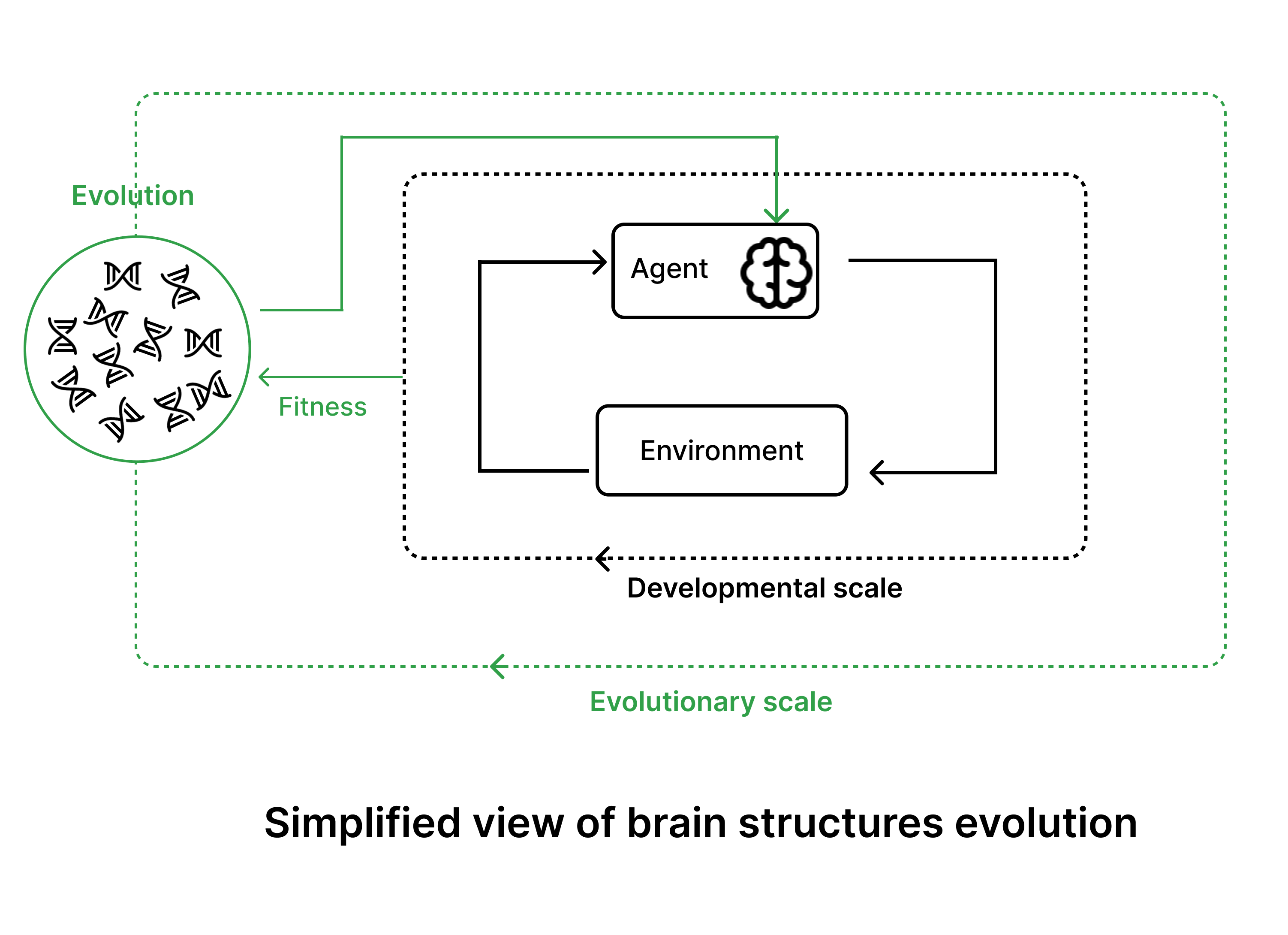
Evolving reservoirs for Meta Reinforcement Learning
*C Léger,
*G Hamon,
E Nisioti,
X Hinaut,
C Moulin-Frier
EvoStar [Long Talk], 2024
@inproceedings{leger2024evolving,
title={Evolving Reservoirs for Meta Reinforcement Learning},
author={L{\'e}ger, Corentin and Hamon, Gautier and Nisioti, Eleni and Hinaut, Xavier and Moulin-Frier, Cl{\'e}ment},
booktitle={International Conference on the Applications of Evolutionary Computation (Part of EvoStar)},
pages={36--60},
year={2024},
organization={Springer}
}
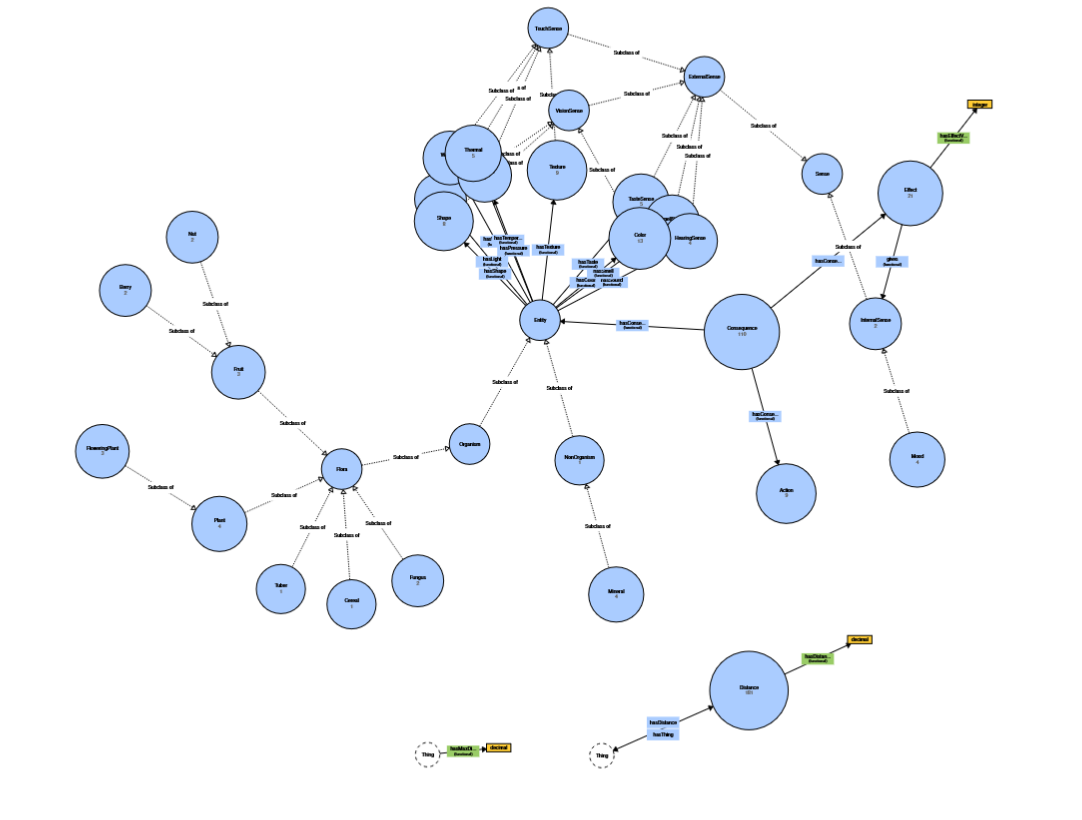
Early Empirical Results on Reinforcement Symbolic Learning
W Radji,
C Léger,
L Bardisbanian
HAL Inria, 2023
Open Source
Here is a list of open source projects I contributed to, you can check my GitHub profile for more details.
LLM-Culture Star : Simulating text evolution in networks of LLMs. see more
I also fixed a few issues in the Stable-Baselines3 Reinforcement Learning library, and created a tutorial for parallelized hyperparameter search on remote clusters in ReservoirPy.
Teaching
Hackathons
🧠 Hack1Robo 2024 (first place): Optimized persuasion skills of LLMs in debate tournaments via prompt evolution. Used a Quality Diversity method to evolve the strategies of debaters LLMs.
🤖 Hugging Face LeRobot: Assembled a robotic arm and created a real-world RL environment for objects manipulation. Trained the robotic arm using both Behavioral cloning and online Reinforcement Learning.
📚 Hack1Robo 2023: Simulated text evolution in populations of LLMs, and analyze the resulting dynamics (inspired by works in cultural evolution). This later led to the publication of 2 papers.
🧬 Inria Hackatech 2023: Optimized multi-LLM agent systems strategies via prompt evolution. Reached GPT-4 level on math tasks with evolved systems of GPT-3.5 agents. This led to a startup creation: Ebiose.

